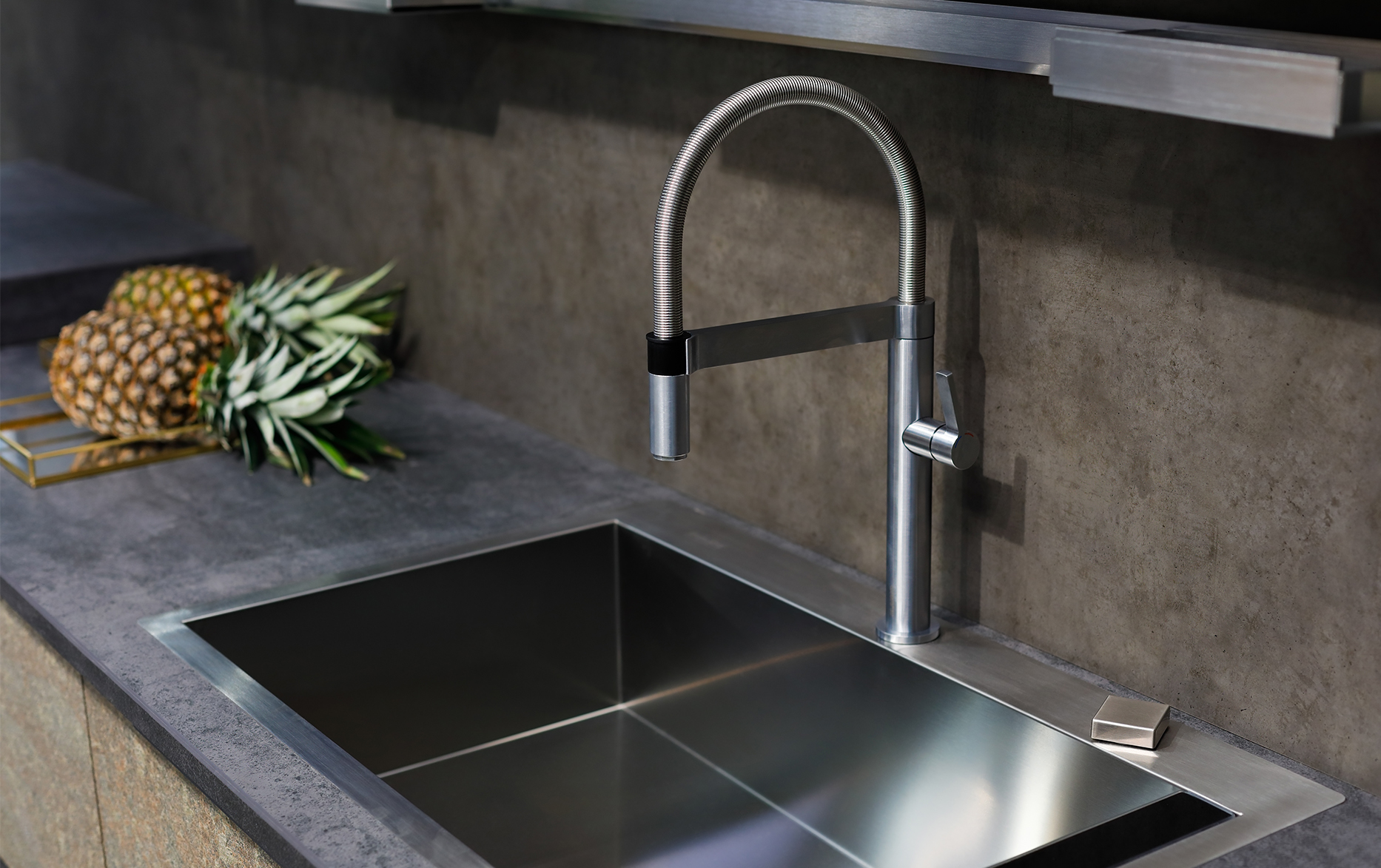

What You Need
Concrete countertops have become a popular choice for contemporary kitchens because they are completely customizable, durable, and easy to clean. You can have them installed as actual concrete slabs or, if you're looking to save some money, embark on your own DIY countertop journey.
Whether they're professionally installed or not, the most critical step in the process is to have them sealed and resealing them every 1-3 years. As everyday wear-and-tear slowly wears down the sealant, the material will begin to look dull and become more vulnerable to staining. Small scratches, spots, and stains are notoriously noticeable on these surfaces, and the porous material can absorb liquids and lead to rapid bacterial growth, especially in the kitchen.
DIY aficionados claim the best way to clean concrete countertops is to apply a baking soda paste, cover with plastic wrap, and seal the edges with tape. This can be messy and you may have to wait up to 48 hours for the paste to dry before you can continue cleaning.
Otherwise, a round of cleaning with dish soap and water can leave concrete counters with a stubborn white film, while acidic cleaners, such as vinegar, can etch or create holes and divots.
Regular cleaning with non-abrasive Simple Green Granite & Stone Cleaner gives surfaces a soft-streak-free shine to make natural and engineered stone look new again. The formula is ideal for use in kitchens and can be used daily on marble, granite, quartz, concrete, and more.
It's easier said than done, but we advise wiping up spills as soon as you notice them and wiping down countertops daily.
TIP: You should never place a hot pot or pan directly on concrete countertops. Many countertop sealers do not do well under extreme heat. Also always use cutting boards to avoid scratching the concrete.